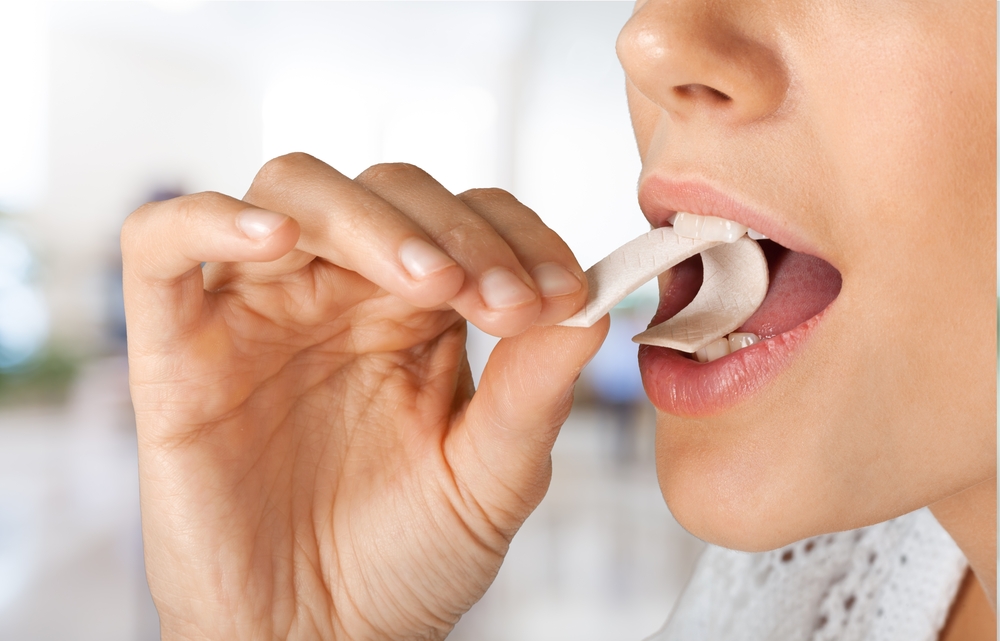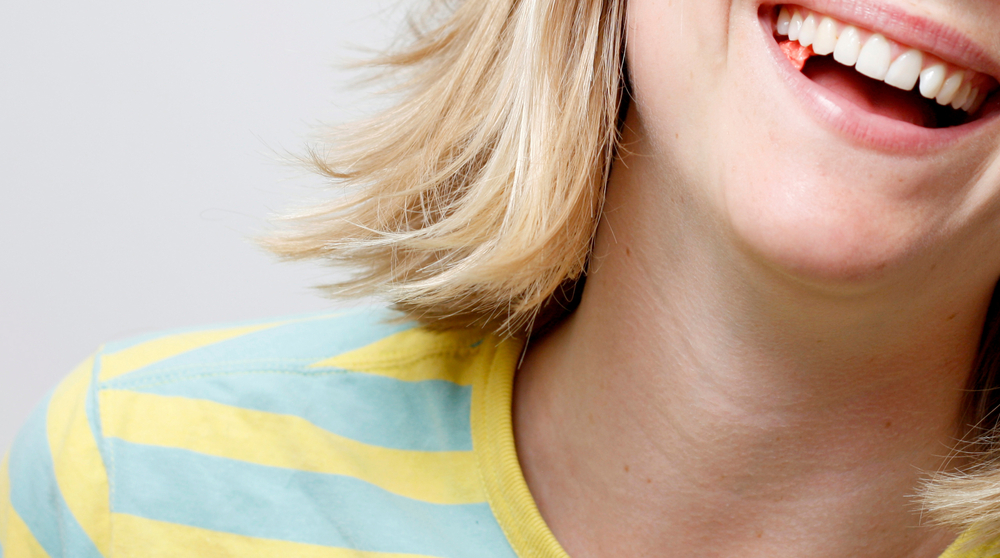
Are you helping your teeth by chewing gum, or hurting them? Well, that answer depends on the type of gum you’re chewing. While nearly all types of gum claim to freshen breath and leave you with that cleaner feeling, you’ll need to take a look at the ingredients in your gum to determine if it’s actually helping you achieve a healthier mouth, or causing more harm than good.
Look for Sugar-Free
The most important piece of information to look for to figure out how your gum will treat your teeth is its sugar content. Chewing sugar-free gum can actually help prevent cavities by removing food particles from the surfaces of your teeth. Gum that contains sugar can leave decay-causing sugar particles on your teeth. If you’re unable to brush after lunch or a snack, chewing a piece of sugar-free gum can help clean up your mouth in the following ways:
- Freshen breath
- Neutralize acids
- Remove food debris between teeth
- Stimulate saliva production in your mouth

Gum with Xylitol
In most sugar-free varieties of gum, a substance called Xylitol is used as a sweetening agent. Opting for a sugar-free gum that contains Xylitol is the best option for teeth. Xylitol inhibits the growth of the cavity-causing bacteria streptococcus mutans. This type of bacteria sticks to teeth and can eat away at tooth enamel. Xylitol helps inhibit the streptococcus mutans bacteria from adhering to or sticking to your teeth. When chewed regularly, sugar-free gum with Xylitol can reduce the amount of streptococcus bacteria found in the mouth, which reduces the overall risk of tooth decay.
When to Avoid Chewing Gum
There are some situations in which chewing gum, even sugar-free gum, can be harmful to oral health. People suffering from jaw pain or Temporomandibular joint (TMJ) disorder can worsen their pain or condition by the frequent chewing of gum. In rare cases, chewing gum excessively can lead to TMJ disorder by irritating the joint that connects your jaw to your temporal muscles, which is directly related to helping you chew. Those with TMJ disorder or other jaw conditions looking to keep teeth clean when brushing isn’t an option can keep a travel-sized mouthwash or floss handy as an alternative way to clean the mouth while on the go.

While chewing sugar-free gum is a great way to keep teeth clean throughout the day for most people, gum should never be used in lieu of regular brushing and flossing. Here at Tigard Family Dental, we’re happy to answer any of your oral health questions and provide each patient individualized care with a gentle touch. We pride ourselves on helping you and your family achieve a brighter, healthier smile.

Leave a Reply